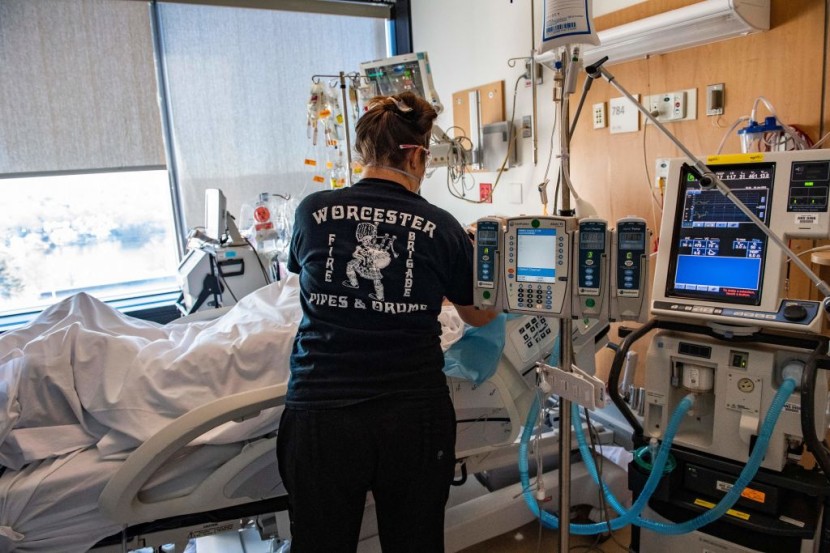
A large study found that testosterone therapy does not adversely affect men's cardiovascular safety amid concerns about heart attacks and strokes.
The new findings are reassuring for a small group of patients whose bodies cannot produce enough testosterone. The results came from a large clinical trial that is of a type considered to be the gold standard in medicine, but it has not yet put all worries to rest.
Testosterone Therapy's Cardiovascular Effects on Men
However, the findings appear to resolve decades of contradictory conclusions regarding the heart safety of testosterone treatment for men who suffer from a medical condition known as androgen deficiency or hypogonadism.
The authors of the study emphasized that the findings they discovered do not apply to the multitude of men who are middle-aged and older who are receiving testosterone that anti-aging centers offer to build muscle or boost energy as well as sex drive.
The findings only pertain to the small percentage of men in the country, estimated to be in the single digits, to have a true medical diagnosis of hypogonadism. This also applies to those with consistently low testosterone levels and symptoms, including osteoporosis, anemia, and low libido, as per the New York Times.
In a statement, an endocrinologist and professor of medicine at the University of Washington School of Medicine, Dr. Bradley Anawalt, said that there has never been a study of more than 5,000 men who were followed and observed up to four years where their heart attacks and strokes were carefully monitored.
Anawalt said that the most significant importance of the study is that it should not be interpreted as saying that testosterone does not cause heart attacks and strokes in men without hypogonadism. He added that the study's findings do not signal that testosterone is safe to take in high amounts, especially for normal men.
Warning Against Use of Testosterone for Anti-Aging
The study's authors noted that while testosterone levels usually decline as a man ages and gains weight, true hypogonadism is thought to be much less common among the population. Furthermore, experts argue that the prevalence and incidence have not been studied that well yet.
The chief academic officer of the Heart, Vascular, & Thoracic Institute at the Cleveland Clinic, Steven E. Nissen, said that men should not take testosterone for anti-aging. According to the Washington Post, he argued that he does not want the study to be misinterpreted by physicians who may use it to prescribe men who want to feel younger.
The researchers published the study, known as the Testosterone Replacement Therapy for Assessment of Long-term Vascular Events and Efficacy ResponSE (TRAVERSE), in the New England Journal of Medicine. They presented it simultaneously at the annual meeting of the Endocrine Society on Friday.
They wrote that there were no "apparent clinically meaningful differences" in the incidence of cardiovascular events observed between the two groups involved in the study. However, the researchers did find a higher incidence of irregular heartbeat, acute kidney injury, and pulmonary embolism in the testosterone group at low rates, said CNN.
Related Article: Non-ADHD People Taking Adderall At Risk of Decreasing Productivity
© 2025 HNGN, All rights reserved. Do not reproduce without permission.








